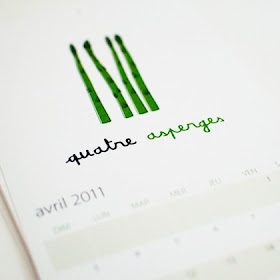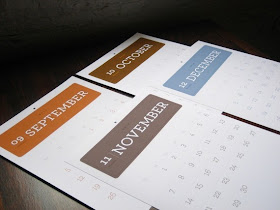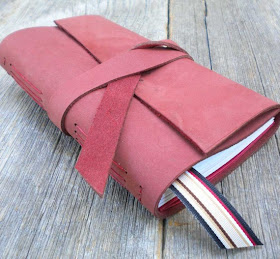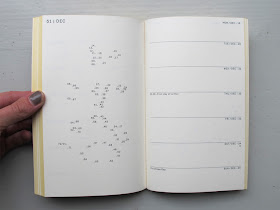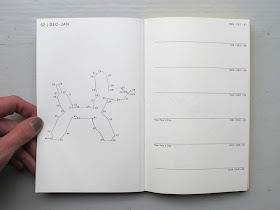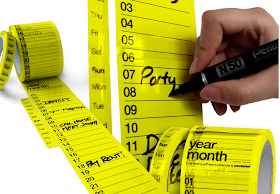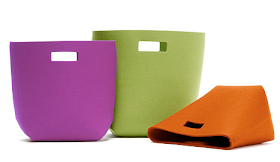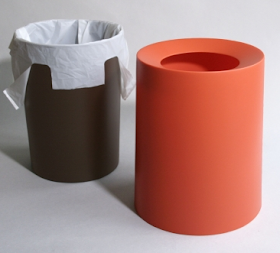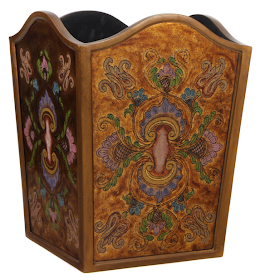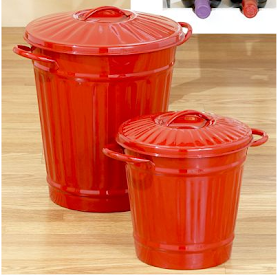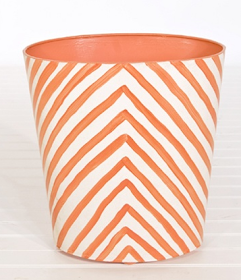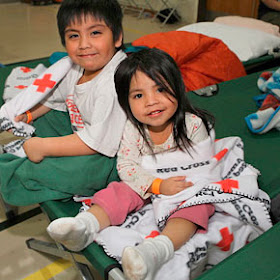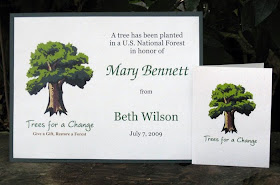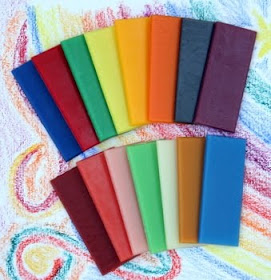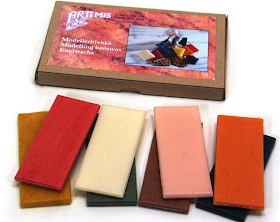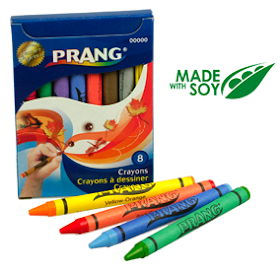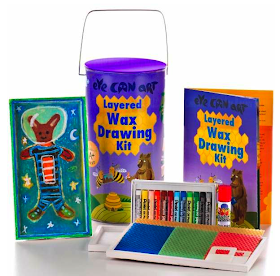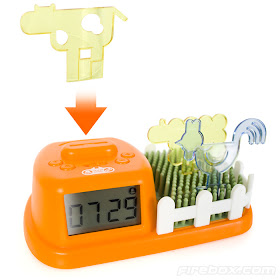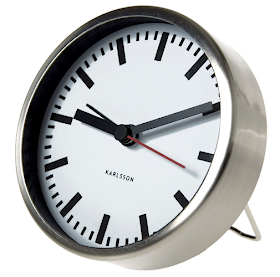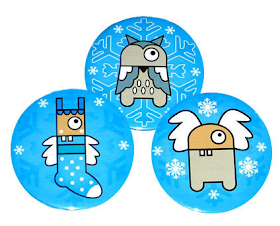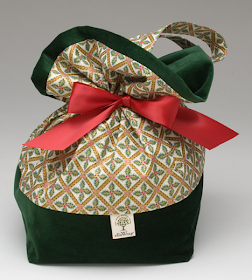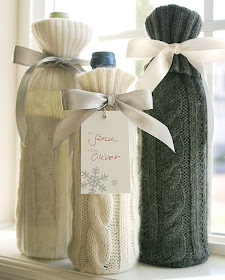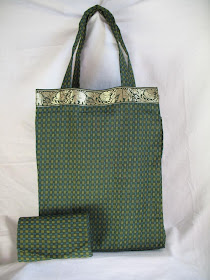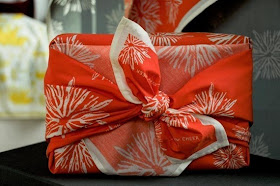 Any suggestions on how to identify and organize those packages of buttons - and, with sweaters, those bits of yarn?
Any suggestions on how to identify and organize those packages of buttons - and, with sweaters, those bits of yarn?
I just throw them into a container and never get back to them - but I'm not sure I would be able to identify them anyway!Personally, my buttons are in their envelopes, in the bottom of my very-rarely-used sewing box. They aren't identified in any way, and I don't recall ever using one. So I went looking around to see what other ideas I could find.
It seems lots of people do something similar to what I do - there are lots of button jars out there! But for those who prefer a more organized approach, I found five techniques commonly in use.
1. Just throw them away.Some people may want to save the buttons for crafts projects or their decorative value - but for those who don't, this can be a perfectly fine option.
On
YouLookFab, blessed02 says: "I throw them all away! I’ve never had any occasion to even go looking for one."
And Lisa concurs: "I used to keep them all. At first I would label each button with the name of the item. Soon I progressed to putting them in a Ziploc bag. ... Now I just toss them out. I don’t recall ever using any of the extra buttons. If I did need one I’d just run to a craft store and pick one up now."
And Valleycat1 chimes in: "I throw them all out. ... I realized several years ago that I never have used the extra button OR sweater thread, so why accumulate them? If you have a large tin full, how would you ever track down the specific one you need? "
2. Sew them into the garment.On YouLookFab, Amrita says: "Usually I sew them to a side seam or the hem of the garment. Got tired of digging through a button box trying to find the proper matching button."
Another advantage of this approach is that if you lose a button while away from home, a replacement is right at hand.
3. Label them, and put them in a box, bin or jar.Over on
GardenWeb, Molly says: "I attach the buttons to an index card stapled to the hangtags of the garment and add a description of it. Then I put the card in a small box that I keep just for this purpose. A number times this has saved the day for me."
And Pinktoes says: "Most of my new clothes come with spares in a tiny plastic or paper hang tag. I use those. For the paper ones I write what garment ... on the tag and it goes in a covered buttons box, which also holds tins of loose buttons. I also write the date of purchase and owner. Oh, and in my case, the SIZE. I remember the day I threw away the spare buttons for my wedding dress, which was a size 4. No use for those in the foreseeable future.
For the plastic bags I write up that description on scrap paper or an index card and insert it inside. Or use a small Ziploc bag (snack size)."
This is the same basic technique recommended by
DwellWell.
And you've got to smile at what FetchezLaVache wrote on
Mumsnet: "I write 'blue blouse from Next' or whatever on a small piece of paper, pop it in the little plastic bag, then mislay it."
4. Keep them in a business card holder (or something similar).This is the Martha Stewart approach, as I learned from
The Wannabe WAHM and Eternal Voyageur at YouLookFab. You can see a photo on the
Martha Stewart web site.
Scarlett on YouLookFab does something similar: "I actually keep mine in a little booklet with pockets meant to hold business cards. Sometimes I include a note to remember what the button goes to. This works well for me, but it is not a large volume of buttons."
Joy on YouLookFab mostly uses the "sew it in" approach for her own clothes, but takes this approach for others: "For those that don’t get sewn in and most of DH’s extra buttons I’ve found my son’s abandoned plastic binder pages that held baseball cards to be perfect."
5. Sort and store them by color.Rather than labeling individual buttons, some folks (including a couple on
Julie Morgenstern's Idea Exchange) choose to just sort them by color, so it's relatively to find the right button when you want it.
Anyone else want to chime in? What do YOU do with those buttons?[photo by Sally Hunter (gingermaddy), found on Flickr, licensed under Creative Commons.]
